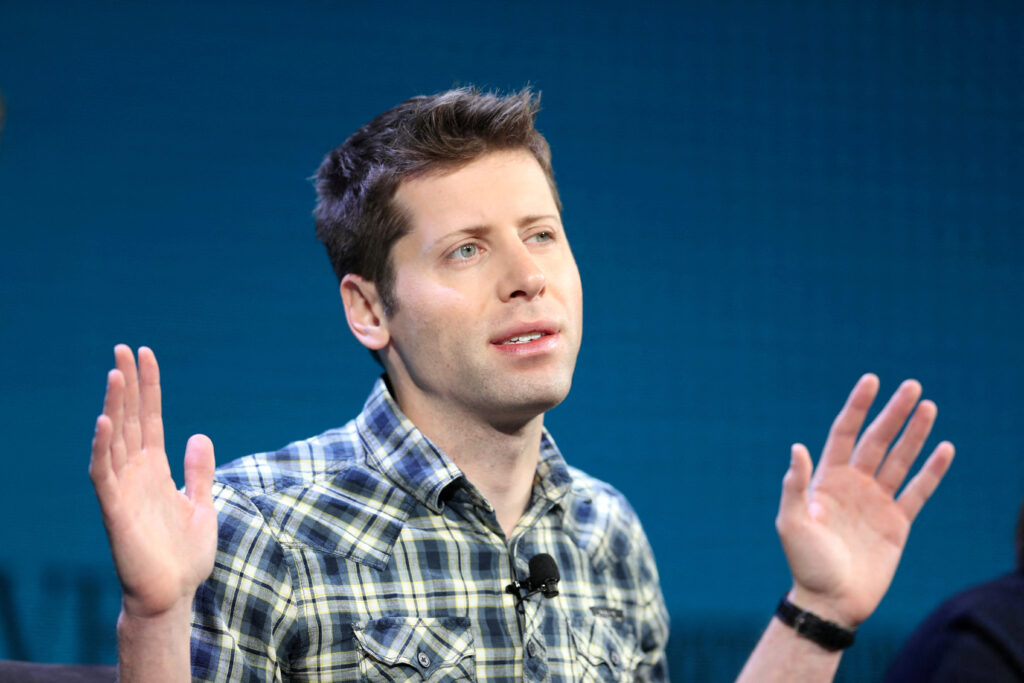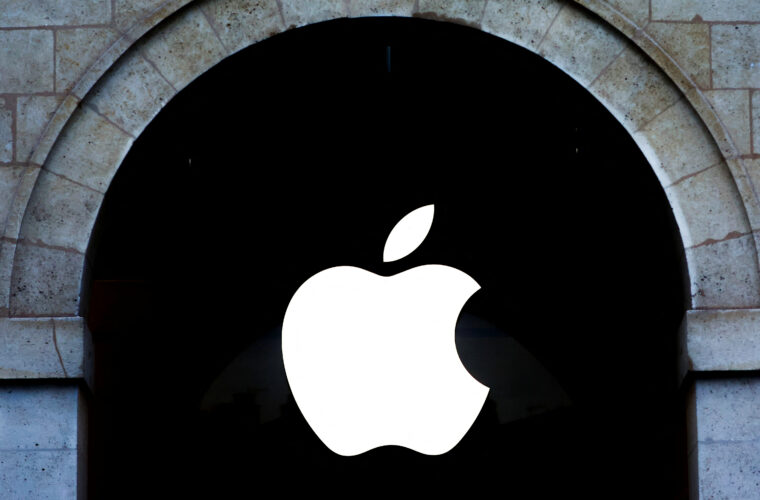
By Kantaro Komiya and Satoshi Sugiyama
TOKYO (Reuters) – OpenAI Chief Executive Sam Altman said on Monday he is considering opening an office and expanding services in Japan after a meeting with Japan’s prime minister.
Prime Minister Fumio Kishida and Altman exchanged views on the technological progress and merits of AI as well as its risks including privacy and copyright infringement, chief cabinet secretary Hirokazu Matsuno said.
Japan will evaluate the possibility of introducing artificial intelligence-powered technology such as OpenAI’s ChatGPT chatbot, as it examines the benefits and risks, Matsuno added.
ChatGPT – developed by Microsoft Corp backed OpenAI – has raised privacy concerns, prompting Italy to temporarily ban the chatbot.
“We hope to … build something great for Japanese people, make the models better for Japanese language and Japanese culture,” Altman told reporters after the meeting with Kishida. His visit to Japan is the first international trip since the launch of ChatGPT.
At a separate meeting at Japan’s ruling party headquarters, the chief executive expressed hope that Japan, as a geopolitical power, would play a role in adopting AI and rule-making.
Matsuno told reporters in a briefing Japan would consider government adoption of artificial intelligence technology such as OpenAI’s ChatGPT chatbot if privacy and cybersecurity concerns were resolved.
Following Italy’s restriction of ChatGPT, which inspired other European countries to study such measures, OpenAI last week presented measures to remedy privacy breach concerns to the Italian regulator.
Japan will continue evaluating possibilities of introducing AI to reduce government workers’ workload after assessing how to respond to concerns such as data breaches, Matsuno said.
Taro Kono, cabinet minister in charge of Japan’s digital transformation, said on Friday he was hopeful that AI technologies would “greatly contribute” to the government’s workstyle reforms, although saying it would be difficult to introduce ChatGPT at public offices soon due to problems such as machine-generated falsehoods.
Kono said he wants the Group of Seven Digital Ministers’ meeting, slated for April 29-30 in Japan, to discuss AI technologies including ChatGPT and issue a “united message of G7”.



